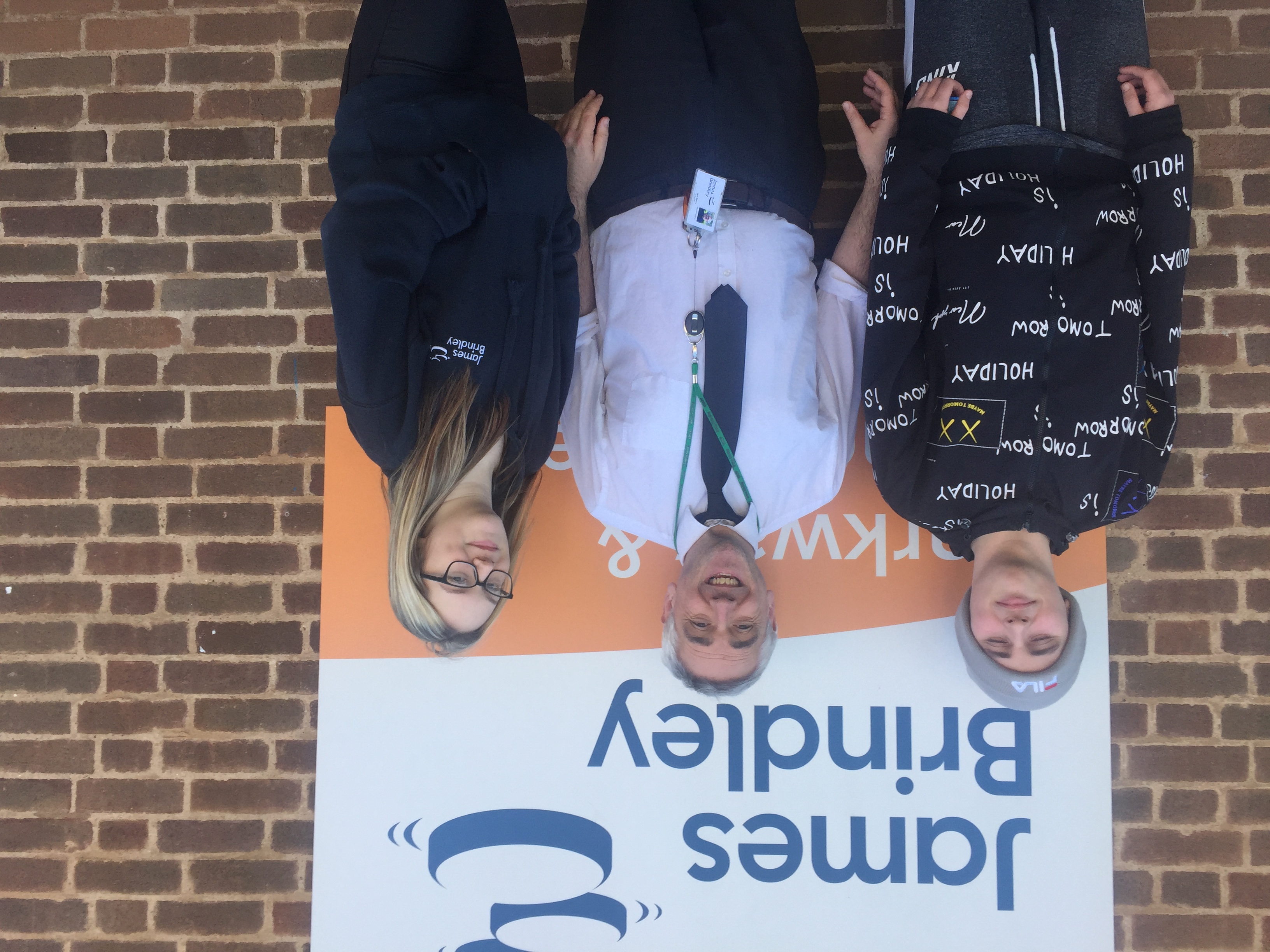Thursday 13 April, 2023: A street first aid programme for secondary school students and young adults aged up to 25 is being rolled out in areas of London, West Midlands and the North East with the goal of giving 15,000 young people street first aid skills.
Young Responders is a new St John Ambulance youth programme offering life-saving street first aid skills for some of the real-life situations young people may find themselves in.
This programme was awarded £1 million through Recovery Fund, thanks to funds raised by players of People’s Postcode Lottery, to help people learn traditional physical first aid skills such as how to put a person in recovery position, plus street first aid such as knife wounds, spiking and alcohol and drug intoxication, as well as tips on mental health awareness.
Raisa Stefenescu, 17, a youth volunteer with St John, from East London, appears in a short film to be shown in schools about the Young Responder Programme. In the film, she explains, “It is a sad reality, but St John is adapting to the ever-changing needs of communities. I live in Becton, which is safe in the day, but at night, like a lot of London, it can be unsafe. It can be hard to have a happy youth in Becton” she explains as she walks past a spot a 17-year-old boy was stabbed.
She added, “If your best friend was stabbed or attacked in the street – would you know what to do? If their drink was spiked, or they’d had too much to drink, and had collapsed, having the skills to step in during those vital seconds makes all the difference – it saves lives.”
Targeting young people in underrepresented areas, Young Responders is geared towards young people at risk of street violence, looked after young people, those who care for someone at home, and those at risk of not being in education, employment or training (NEET).
As part of the pilot, the St John Young Responder programme team visited schools and colleges in the three target areas in London, West Midlands and the North East.
Gateshead College Academy pupil, Jacob Roberts, 18, who attended a Young Responder pilot session said, “I liked the session a lot and it would be relevant to people to keep them vigilant and on their toes at all times because of the current rate of knife and drug crime at the minute. Different people will benefit from this because of the risks and some people may have friends or family members that has happened to them.
“I will remember the DR ABC the most which stands for D-Danger R-response A-Airway B-Breathing C-Circulation. This will be a very important life skill because it will help save lives.”
Dominic Hood, 18, also a pupil at Gateshead College said, “The part of the session I will remember the most is the CPR as it is a very simple but very effective technique to help try to rescue someone from death.”
He added that ‘knife crime problem and drugs are becoming a problem with more people supplying them to younger ages.’
A visit to James Brindley Academy in Birmingham as part of the pilot was also successful, with pupils keen to learn first aid skills. Health and Social Care teacher Iain Grant said, “I thought it was an excellent relevant experience for the students who were really engaged and keen to take part in the role play of knife crime, creating a tourniquet and the mental health activity.
“The pupils have gained valuable first aid skills from this session. I wouldn’t hesitate to recommend inviting St John Ambulance to come and work with our students again. The skills they picked up in this session could one day save a life.”
Bayley Breecher, 15, said, “It was useful. If I was in that position, I would feel more confident in dealing with the situation.”
Currently being delivered in school and colleges, St John hopes to partner with existing groups supporting communities to deliver Young Responders in the community and where possible, involve existing Cadets to help deliver Young Responder sessions.
Director of Youth and Education at St John, Paul Evans said, “Young people aged 10-19 represent 11% of the total population of the UK, and 10-24 year-olds, make up 18% of the population. But not all of these young people get the same start in life, or opportunities.
“Young Responders will engage and empower young people from diverse communities to become active health citizens, learning practical physical and mental health first aid sessions relevant to the challenges they face.”
Laura Chow, Head of Charities at People’s Postcode Lottery, said: “It is fantastic to see young people across the UK learning first-aid skills through Young Responders. The Recovery Fund was created to help charities develop innovative solutions to the many issues affecting people since the Covid -19 pandemic.
“We look forward to seeing more communities benefiting from more young people being trained in vital life-saving skills.”


